Navigating Mother’s Day and Father’s Day When You Have a Complicated Relationship
Mother’s Day and Father’s Day can be tender, triggering, or even painful for many people. While the world seems to be celebrating brunches, backyard barbecues, and perfect greeting card sentiments, those with complicated or strained relationships with parents often feel left out, confused—or flooded with emotion.
At Moonrise Therapy and Wellness, we want you to know: it’s okay if these holidays feel hard. There’s no “right” way to feel about a parent. And there’s no one-size-fits-all approach to honoring your own experience.
What “Complicated” Can Mean
Family dynamics are complex. “Complicated” might mean:
A relationship that’s loving but also emotionally painful
An estrangement that’s rooted in boundary-setting or survival
A parent who was physically present but emotionally unavailable
A history of abuse, neglect, or manipulation
A parent struggling with mental illness or addiction
Feeling unseen, misunderstood, or never quite “enough”
A parent who has passed away, leaving behind unresolved feelings
These nuances often go unspoken in mainstream Mother’s/Father’s Day narratives, which can leave you feeling alienated or ashamed. You are not alone—and your experience is valid.
Why These Days Can Be So Emotionally Charged
Even if you’ve made peace with your story most of the year, these holidays have a way of resurfacing old wounds. That’s because they’re loaded with cultural expectations:
“You only have one mom/dad—cherish them!”
“All parents do the best they can.”
“This is a day for gratitude, not complaints.”
These messages can pressure you to ignore your truth for the sake of celebration—or re-engage in a relationship that still feels unsafe or unresolved.
5 Ways to Care for Yourself During Parent-Centered Holidays
If these days are tough for you, here are a few supportive strategies that can help you move through them with clarity and self-compassion:
1. Acknowledge the Full Truth
You don’t have to pretend the relationship was better—or worse—than it really was. Give yourself permission to feel grief, anger, longing, or even numbness. You’re allowed to hold both love and pain. That’s what makes it complicated.
Try journaling, creating art, or speaking with a therapist to process whatever emotions arise.
2. Choose Your Own Ritual
You’re not obligated to follow tradition. If the usual celebration doesn’t feel authentic or safe, create a ritual that feels right for you:
Light a candle to honor the loss or the hope
Write a letter you never send
Spend time in nature, in movement, or with chosen family
Celebrate a mentor, caregiver, or friend who offered nurturing
Do nothing at all, and rest instead
There is no “wrong” way to honor—or not honor—these days.
3. Limit Exposure to Social Media
It’s okay to take a break from Instagram slideshows and glowing tributes. Social media often shows the highlight reel, not the whole picture. Protect your peace. You can always come back later.
4. Practice Boundaries That Honor Your Healing
You don’t owe anyone a phone call, a card, or a visit—especially if contact threatens your emotional safety. Boundaries are not a betrayal. They are a form of self-respect and, sometimes, a path to future repair.
If you do choose to engage, consider what feels manageable and how you might set limits on time, topics, or emotional energy.
5. Give Yourself the Parenting You Needed
Often, the pain of these holidays comes from a place of unmet needs. You might still be grieving the nurturing, protection, or presence you never received.
Offer yourself the words you longed to hear.
“I see you. You didn’t deserve that. You were worthy of more.”
Reparenting yourself—through therapy, self-compassion, or supportive relationships—can be incredibly healing.
You're Allowed to Feel However You Feel
Whether you feel sadness, resentment, relief, or nothing at all—your emotions are valid. There’s no single way to move through Mother’s Day or Father’s Day. There’s only what feels honest, safe, and nurturing to you.
At Moonrise Therapy and Wellness, we hold space for your full story—without minimizing, rushing, or romanticizing the parts that hurt. Whether you’re navigating estrangement, grief, or complex family dynamics, we’re here to walk beside you.
Ready to Talk?
If you're dreading the upcoming holiday or need help making sense of your story, our therapists are here to support you with warmth, compassion, and trauma-informed care.
Reach out today to schedule a free consultation.
Because healing doesn't follow a calendar. And you don’t have to do it alone.
